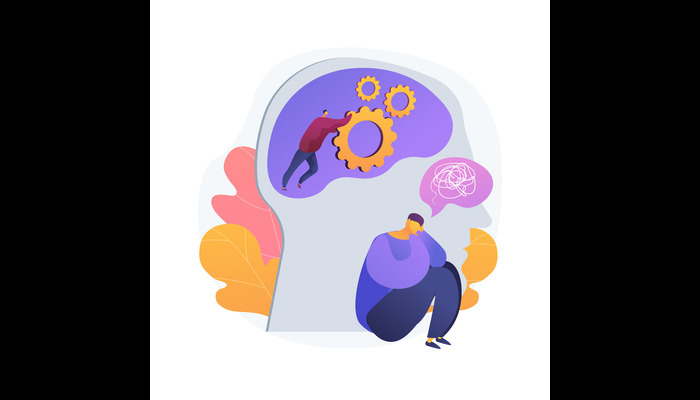The Science Behind Meditation and Its Impact on Brain Performance

Meditation, once associated primarily with ancient spiritual practices, is now recognized as a scientifically backed approach to improving mental well-being and brain performance. Research over the past few decades has uncovered profound ways in which meditation affects the brain’s structure and function, offering benefits that range from enhanced focus to better emotional regulation.
How Meditation Changes the Brain
Neuroplasticity, the brain's ability to adapt and reorganize itself, is at the heart of meditation’s impact. Studies using MRI scans reveal that consistent meditation can lead to changes in both gray matter volume and the connectivity of different brain regions. For example, mindfulness meditation is linked to increased gray matter density in areas associated with learning, memory, and self-awareness, such as the hippocampus and prefrontal cortex.
Another key finding is the reduction in the size of the amygdala—the brain’s stress-response center. This shrinkage correlates with reduced stress and anxiety levels, as the amygdala becomes less reactive. At the same time, the connections between the amygdala and the prefrontal cortex strengthen, enabling better emotional regulation and decision-making.
Boosting Focus and Attention
One of the most well-documented effects of meditation is its ability to enhance focus and attention. Meditation practices like focused-attention meditation train the mind to concentrate on a single point, such as the breath or a mantra. This deliberate focus improves the brain's attentional control by strengthening the anterior cingulate cortex (ACC), a region critical for managing distractions and maintaining attention.
Programs such as Brain Balance also emphasize the importance of cognitive training for improving focus and attention. Brain Balance helps with learning and behavioral challenges by using non-medical activities to improve cognitive function. According to their LinkedIn page, https://www.linkedin.com/company/brain-balance, this type of targeted intervention can complement meditation by enhancing attentional control.
Regular meditation also increases the production of gamma waves—brainwaves associated with heightened states of awareness and cognitive functioning. As a result, meditators often experience greater clarity and efficiency in tasks requiring sustained concentration.
Reducing Stress and Enhancing Emotional Health
Stress negatively impacts brain performance, leading to impaired memory, reduced problem-solving skills, and difficulty concentrating. Meditation’s stress-relieving benefits are largely due to its influence on the hypothalamic-pituitary-adrenal (HPA) axis, which regulates the body’s stress response. By calming the HPA axis, meditation helps lower cortisol levels, a hormone associated with chronic stress.
Additionally, meditation fosters the production of feel-good neurotransmitters like serotonin and dopamine, which contribute to improved mood and emotional resilience. Long-term practitioners often report a greater sense of well-being and the ability to navigate challenging emotions with greater ease.
Enhancing Memory and Learning
Meditation’s role in improving memory and learning stems from its impact on the hippocampus, a brain region crucial for these cognitive functions. Regular meditation has been shown to increase hippocampal volume, which translates to better memory retention and learning capabilities.
Meditation also strengthens the brain’s default mode network (DMN), a system of interconnected brain regions active during introspection and self-referential thinking. A more robust DMN is linked to enhanced creativity and problem-solving abilities, enabling individuals to approach tasks with a fresh perspective.
Practical Tips for Incorporating Meditation
For those looking to harness the benefits of meditation, consistency is key. Start with just five to ten minutes a day and gradually increase the duration as you become more comfortable. Apps like Headspace or Calm can provide guided sessions tailored to your needs.
Experiment with different types of meditation to find what works best for you. Mindfulness meditation focuses on being present in the moment, while loving-kindness meditation cultivates feelings of compassion. Even simple breathing exercises can serve as a gateway to deeper meditation practices.
The science behind meditation underscores its transformative potential for brain performance. Whether you’re a student, a professional, or simply someone seeking balance, meditation is a powerful tool to unlock your brain’s full potential.

